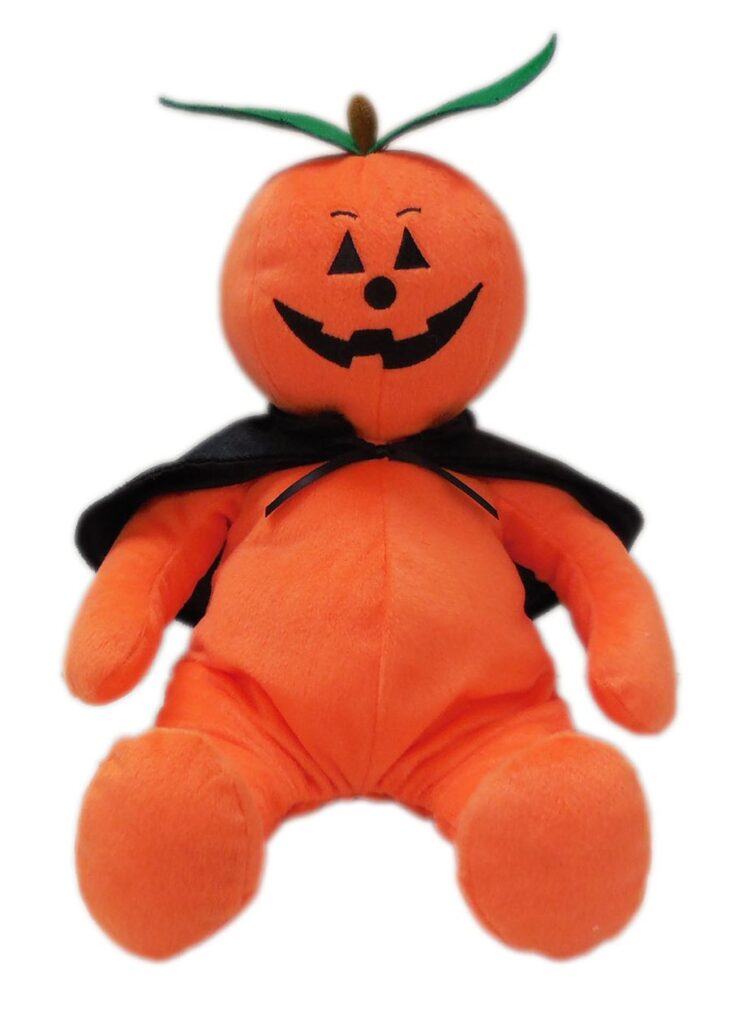
Introduction
Custom plush toys have gained immense popularity in recent years, especially among food chain stores looking for unique and engaging merchandise to promote their brand. These soft and cuddly toys attract customers and create a lasting impression, contributing significantly to a store’s overall success.
In this comprehensive guide, we will explore the importance of custom plush toys for food chain stores, the benefits they bring, and the process of creating and selling these adorable items. This article will also address frequently asked questions related to the cost, profitability, and best practices for running a successful custom plush toy business. So, let’s dive in and discover how food chain stores can make the most of custom plush toys to enhance their brand’s appeal and boost their bottom line.
The Mascot and Custom Plush Toy Connection
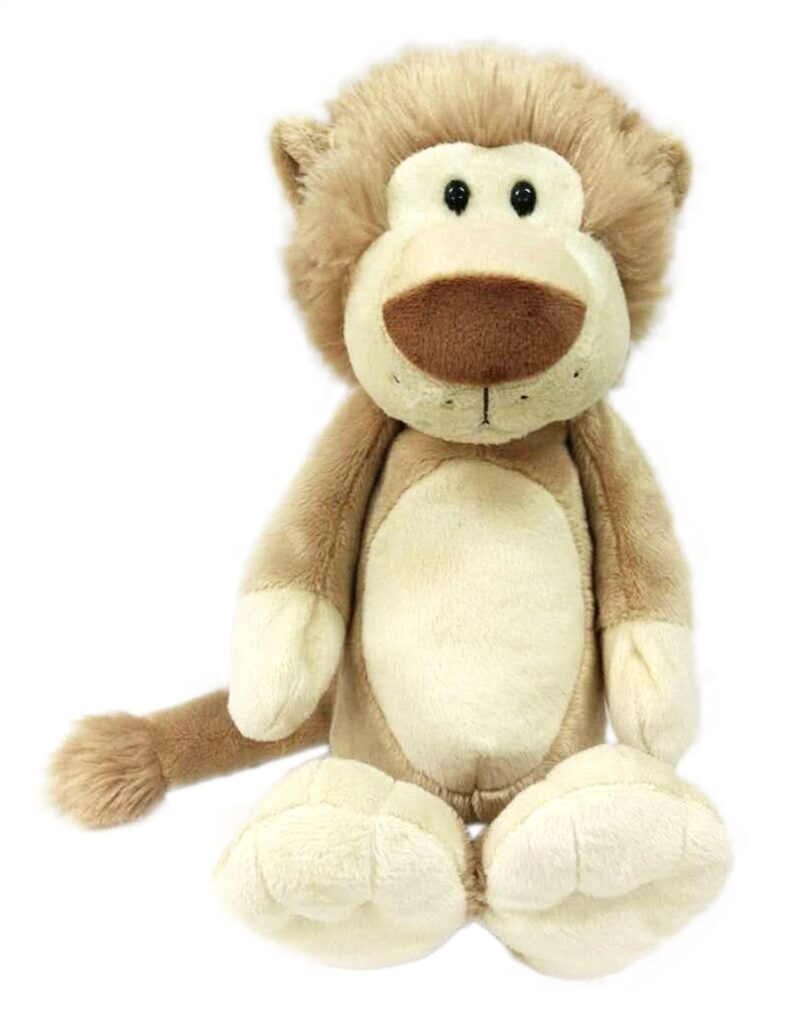
A. The Role of Mascots in Brand Identity
Mascots play a crucial role in creating a brand identity, as they add a personal and relatable touch to a business. A well-designed mascot helps customers remember and associate positive emotions with a brand. Food chain stores often use mascots to create a unique image, making their brand recognizable and setting them apart from competitors.
B. Why Custom Plush Toys are Perfect Merchandise for Food Chain Stores
Custom plush toys featuring a food chain store’s mascot serve as the perfect merchandise to promote the brand. Here’s why:
- Emotional Appeal: Plush toys have a strong emotional appeal, making customers feel connected to the brand. A custom plush toy featuring the store’s mascot can evoke positive emotions and create a sense of loyalty among customers.
- Memorability: Custom plush toys are memorable and can serve as a lasting reminder of a customer’s experience with the brand, increasing the likelihood of return visits.
- Versatility: Plush toys can be customized to suit various occasions, such as holiday promotions or limited-time offers, allowing food chain stores to keep their merchandise fresh and appealing.
- Profitability: Custom plush toys have a high perceived value, enabling food chain stores to sell them at a profitable price point while still being affordable for customers.
- Collectibility: Limited edition or seasonal plush toys can encourage customers to collect them all, driving repeat business and creating a sense of exclusivity around the brand.
Benefits of Custom Plush Toys for Food Chain Stores
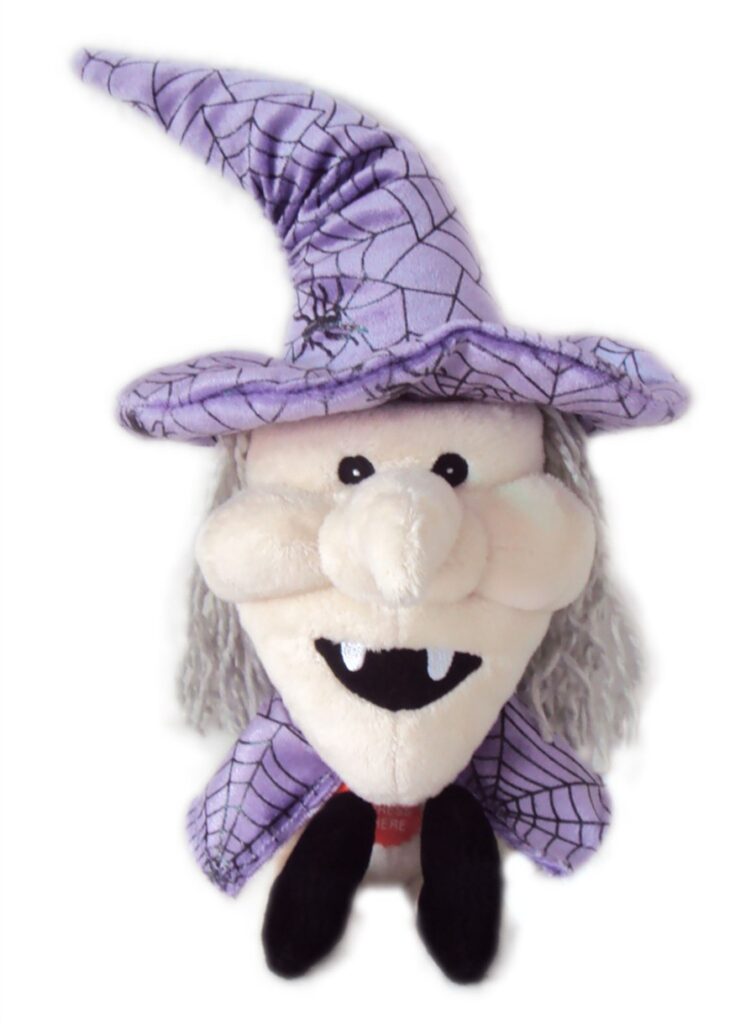
A. Enhancing Brand Awareness
Custom plush toys featuring a food chain store’s mascot can significantly enhance brand awareness. These toys act as a tangible representation of the brand, making it easier for customers to remember and recognize the food chain store. Customers who purchase these plush toys may also display them in their homes or offices, further increasing brand visibility and exposure.
B. Generating Additional Revenue
Selling custom plush toys as merchandise provides an additional revenue stream for food chain stores. These toys often have a high perceived value, allowing the store to sell them at a profitable price while still being affordable. This can contribute to the store’s overall revenue and profitability.
C. Engaging Customers and Increasing Loyalty
Custom plush toys can help food chain stores engage with their customers more personally. By offering merchandise that features the store’s mascot, customers are more likely to feel a sense of connection and loyalty to the brand. This can lead to increased customer retention, repeat business, and positive word-of-mouth marketing, which are all essential factors in the long-term success of a food chain store.
Cost and Profitability of Custom Plush Toy Business
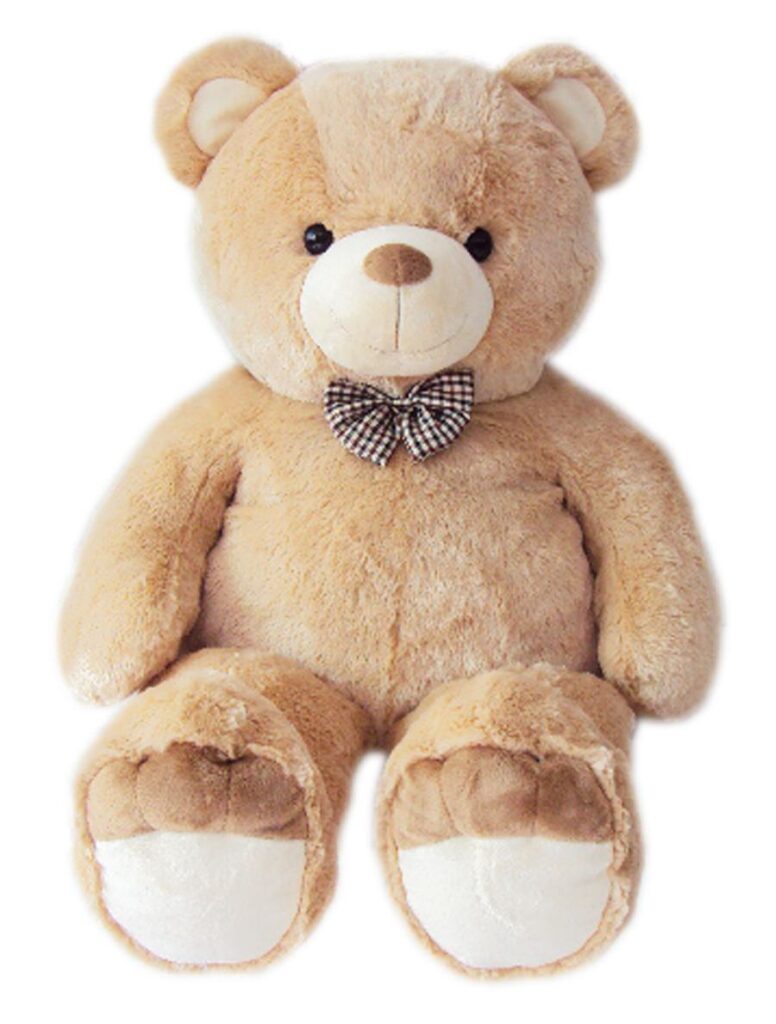
A. Factors Affecting the Cost of Making Custom Plush Toys
There are several factors that can affect the cost of making custom plush toys for food chain stores, including:
- Design complexity: More intricate designs with detailed features or patterns may require additional labor and resources, leading to higher production costs.
- Materials: The choice of materials, such as fabrics and stuffing, can impact the cost of creating the plush toys. High-quality materials typically come with a higher price tag.
- Quantity: The number of units produced can also affect the cost per unit. Larger production runs typically result in lower per-unit costs due to economies of scale.
- Manufacturing location: The cost of labor and production can vary depending on the location of the manufacturing facility.
B. Profitability Potential of Selling Plushies
Selling custom plush toys can be profitable for food chain stores. By offering unique and appealing merchandise, stores can attract customers who are willing to spend on these items. The markup on plush toys can be significant, allowing for healthy profit margins. Additionally, the ongoing popularity of plush toys and collectibles suggests a strong market for these products.
C. The Process of Starting a Stuffed Toy Business
- Market research: Conduct thorough research to understand the target audience, competitors, and market trends in the custom plush toy industry.
- Develop a business plan: Outline the business goals, target audience, marketing strategy, and financial projections for the stuffed toy business.
- Design your plush toys: Work with a designer or design the toys yourself, ensuring they align with the brand and appeal to the target audience.
- Find a manufacturer: Research and select a reputable plush toy manufacturer that can produce the desired quality and quantity of toys at a competitive price.
- Establish a pricing strategy: Determine the appropriate pricing structure for the custom plush toys, taking into account production costs, competitor pricing, and profit margins.
- Develop a marketing plan: Create a comprehensive marketing strategy to promote the custom plush toys, using a mix of online and offline channels to reach the target audience.
- Launch the business: Begin selling the custom plush toys through the food chain stores, monitor sales, and adjust marketing strategies as needed to optimize results.
Steps to Create Custom Plush Toys
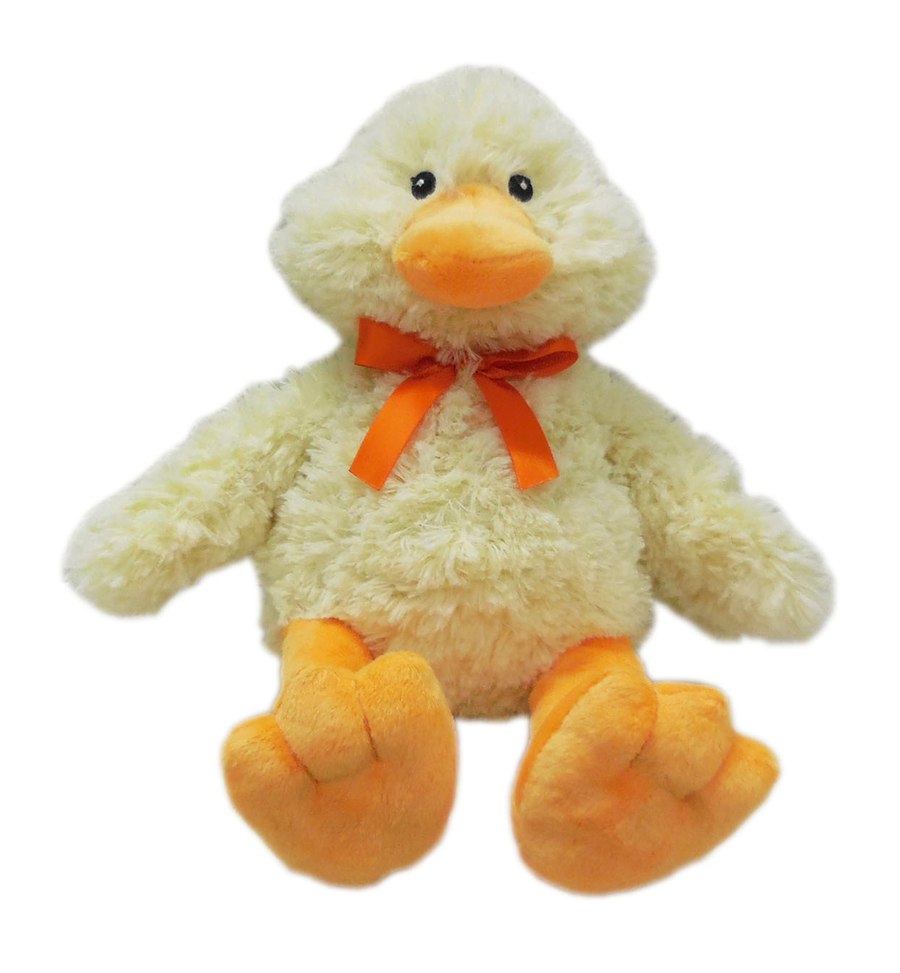
A. Designing the Plush Toy
- Conceptualize the idea: Develop a clear vision for the custom plush toy, considering the mascot or theme, as well as the target audience and brand identity.
- Create sketches: Draw or digitally design initial sketches of the plush toy, including various angles and details to ensure a comprehensive understanding of the design.
- Finalize the design: Refine the sketches, make any necessary adjustments, and create a finalized design that is ready for production. This may include creating a digital 3D model or a physical prototype.
B. Selecting the Best Materials
- Research materials: Investigate various fabric and stuffing options, considering factors such as durability, safety, and cost.
- Evaluate material options: Compare the pros and cons of different materials, ensuring they align with the desired quality, aesthetic, and budget.
- Make a decision: Choose the most suitable materials for the custom plush toy, taking into account factors such as comfort, appearance, and environmental impact.
C. Manufacturing and Quality Control
- Find a reliable manufacturer: Collaborate with a reputable plush toy manufacturer that can produce custom toys according to the desired specifications and quality standards.
- Communicate design details: Provide the manufacturer with the finalized design, including any specific requirements regarding materials, colors, or features.
- Monitor the production process: Stay in close contact with the manufacturer throughout the production process, ensuring that any issues or concerns are addressed promptly.
- Implement quality control measures: Inspect the finished plush toys to ensure they meet the desired quality standards and adhere to any applicable safety regulations.
- Address any production issues: Work with the manufacturer to resolve any quality or production issues, making any necessary adjustments to the design or manufacturing process.
Promoting and Selling Custom Plush Toys
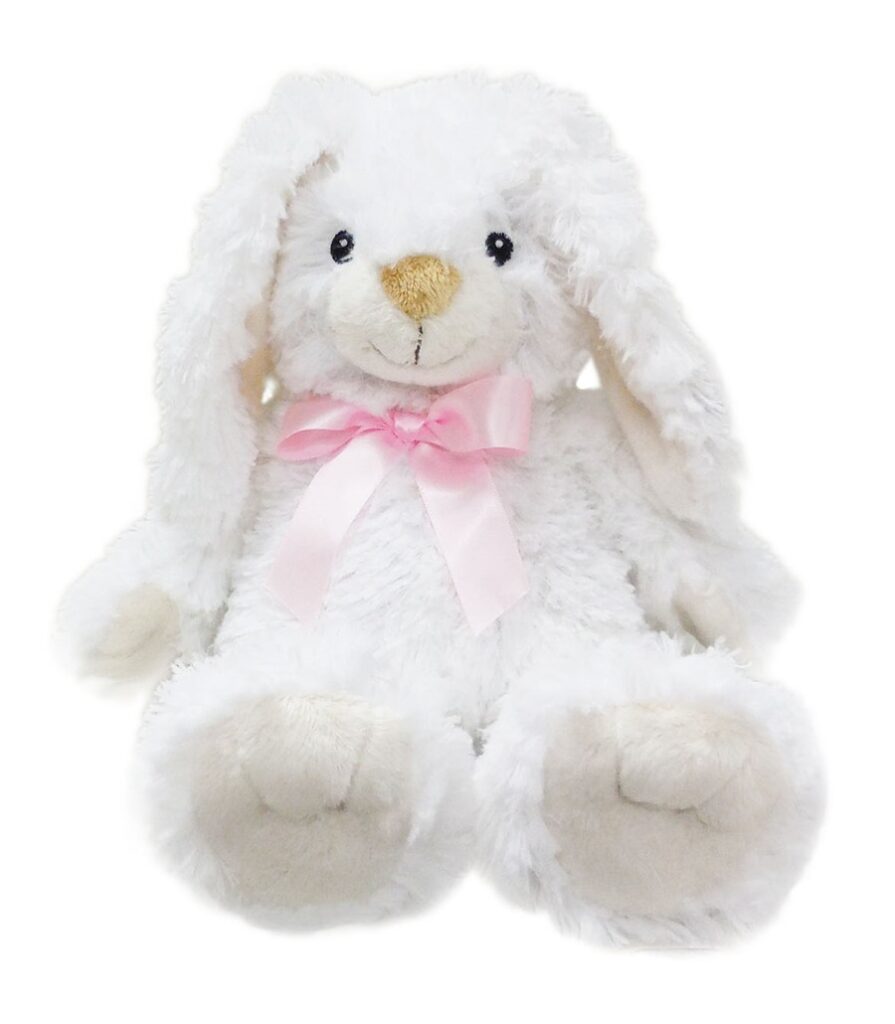
A. Strategies for Effective Promotion
- Leverage social media: Utilize social media platforms like Instagram, Facebook, and Twitter to showcase your custom plush toys, engage with potential customers, and create buzz around your products.
- Collaborate with influencers: Partner with influencers in your niche or industry to promote your custom plush toys, reaching a larger audience and increasing brand exposure.
- Offer giveaways and contests: Organize giveaways or contests to encourage customer interaction and generate excitement around your custom plush toys.
- Implement email marketing: Use targeted email campaigns to communicate with existing customers and potential leads, promoting new products and offering exclusive discounts.
B. Trade Shows and Promotional Events
- Participate in industry trade shows: Attend relevant trade shows and events, showcase your custom plush toys to potential clients, and establish connections with industry professionals.
- Organize in-store events: Host special events at food chain store locations, giving customers the opportunity to interact with your custom plush toys and encouraging sales.
- Sponsor local events: Support community events or organizations, offering your custom plush toys as prizes or promotional items to increase brand visibility.
C. Online and Offline Sales Channels
- Develop an e-commerce website: Create a user-friendly online store that showcases your custom plush toys, allowing customers to easily browse and purchase products.
- Utilize online marketplaces: Sell your custom plush toys on popular online marketplaces like Amazon, eBay, or Etsy, reaching a wider audience and increasing sales potential.
- Collaborate with food chain stores: Establish partnerships with food chain stores to sell your custom plush toys in their physical locations, providing an additional sales channel and increased visibility.
- Consider wholesale opportunities: Explore the possibility of selling your custom plush toys to retailers or other businesses at a wholesale price, expanding your sales reach and generating additional revenue.
Frequently Asked Questions (FAQ)
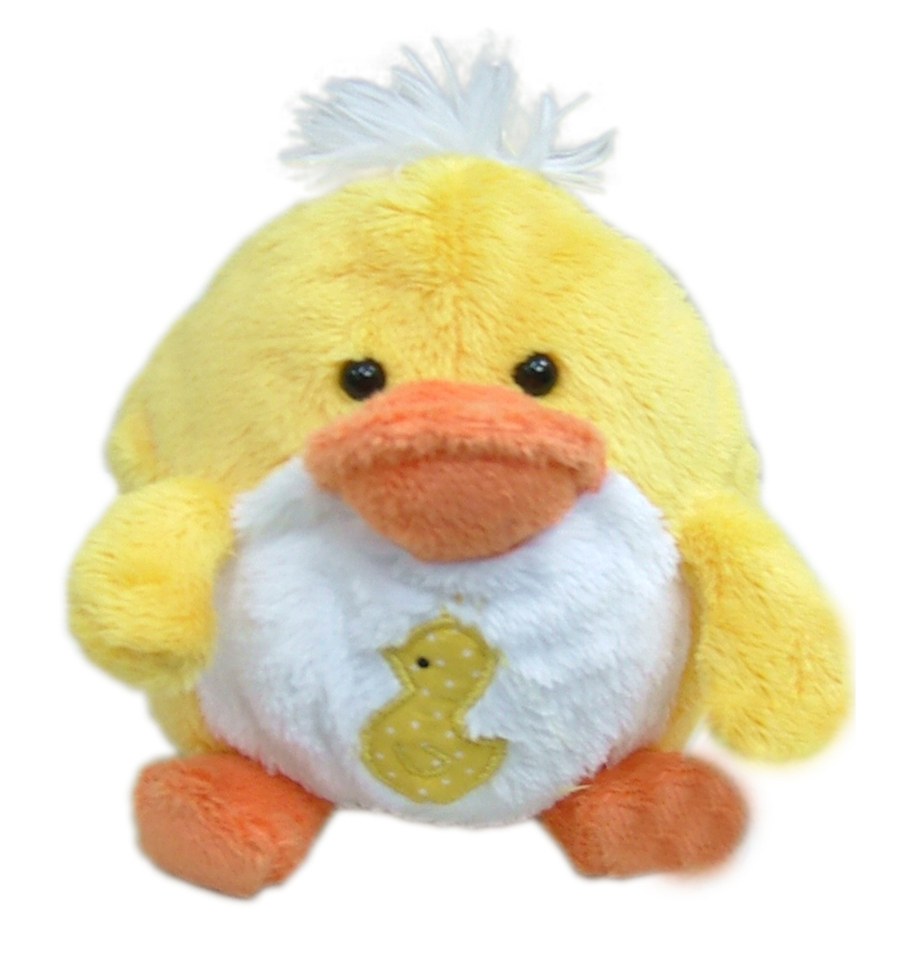
A. Addressing Common Questions Related to Custom Plush Toys
1. How much does it cost to make a custom plush toy?
The cost of creating a custom plush toy depends on various factors, including design complexity, materials used, and production quantity. Prices can range from a few dollars per piece for simpler designs to higher amounts for intricate or large-sized plush toys.
2. What is the price range for a custom plush toy?
Custom plush toys can vary in price depending on design, materials, and production size. Smaller, simpler plush toys may start at around $3, while larger, more complex designs can cost $50 or more.
3. What are the best materials for making custom plush toys?
Polyester fibers, cotton, and plush fabric are the most common materials for creating plush toys. The choice of material depends on the final product’s desired texture, appearance, and durability.
4. How long does it take to make a custom plush toy?
The production time for a custom plush toy varies depending on the complexity of the design, the materials used, and the manufacturer’s production schedule. It can take a few weeks to several months for a custom plush toy to be produced and delivered.
B. Tips for a Successful Custom Plush Toy Business
- Develop a strong brand identity: Establish a unique and recognizable brand identity for your custom plush toy business to help differentiate your products from competitors.
- Prioritize quality: Ensure your custom plush toys are made from high-quality materials and are well-constructed to provide a positive customer experience and encourage repeat business.
- Create a diverse product offering: Offer a variety of custom plush toy designs, sizes, and materials to appeal to a wide range of customers and increase sales potential.
- Establish partnerships: Build relationships with food chain stores, retailers, and other businesses to expand your sales channels and increase brand visibility.
- Invest in marketing: Develop a strategic marketing plan that includes online and offline tactics to promote your custom plush toys and drive sales.
Last but not least
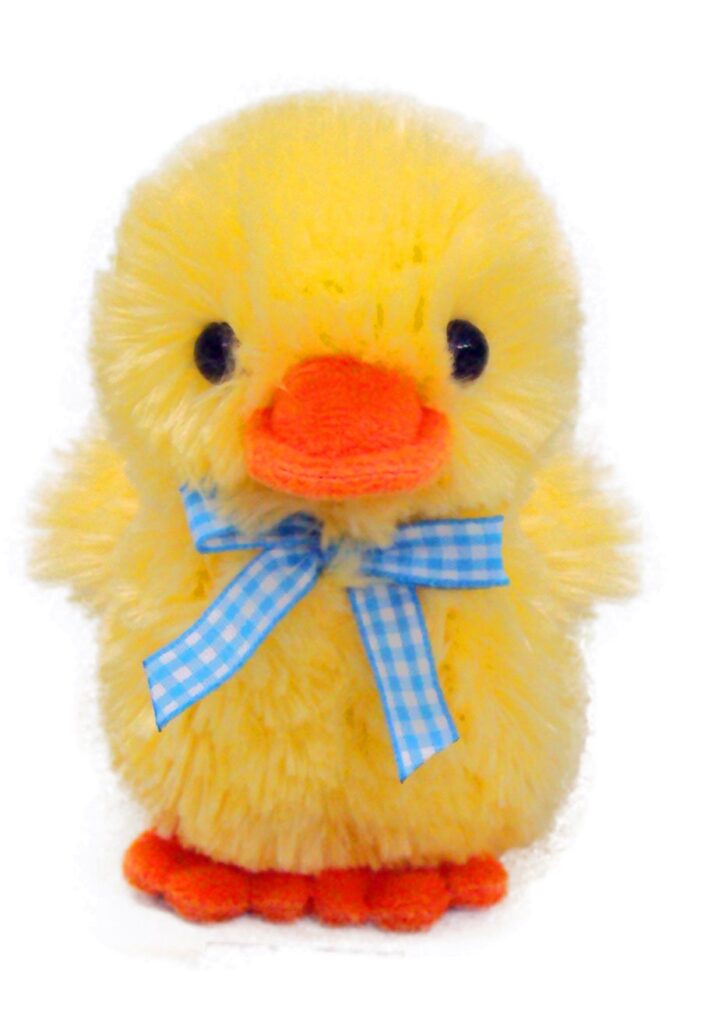
In this article, we have explored the numerous benefits of custom plush toys for food chain stores, including their ability to enhance brand awareness, generate additional revenue, and engage customers to increase loyalty. By investing in high-quality, unique custom plush toys, food chain stores can create a strong connection with their customers, leading to higher satisfaction and repeat business.
We encourage food chain store owners and decision-makers to consider incorporating custom plush toys into their marketing and merchandising strategies. By following the steps and tips outlined in this article, businesses can successfully leverage the power of custom plush toys to strengthen their brand identity, increase customer engagement, and, ultimately, boost their bottom line.
